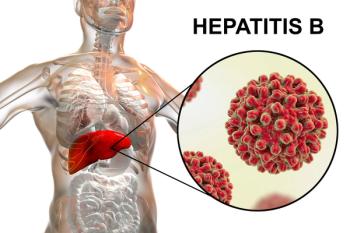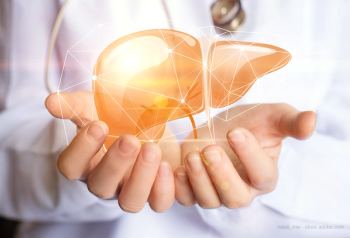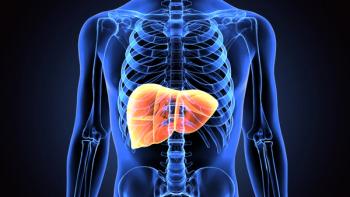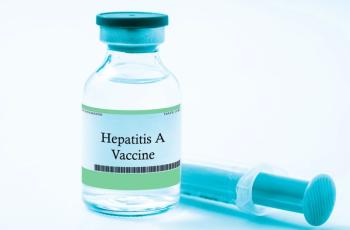
Positive Real-World Results for Hepatitis D Treatment, Bulevirtide
The antiviral has not been approved by FDA. Gilead Sciences received a complete response letter late last year.
More than 45 years after hepatitis D virus — sometimes called the hepatitis delta virus — was identified, scientists may have found a long-term remedy that can potentially reduce viral replication and head off serious disease from the uncommon form of hepatitis.
But the antiviral medication, bulevirtide, is not available in United States. Bulevirtide, sold under the brand name Hepcludex, was conditionally approved as treatment of infections by the hepatitis D virus (HDV) by the European Economic Area in 2020. Late last year, the FDA issued a
HDV is considered the most severe form of chronic hepatitis, according to the World Health Organization (WHO). It occurs when people are simultaneously infected with hepatitis B (HBV) and hepatitis D, or delta, virus. It can also occur after a person is infected with HBV and can swiftly progress to liver-related cancer and death. HDV is sometimes referred to as a “satellite” or “incomplete” virus because it can only infect people who have been infected by HBV.
The Centers for Disease Control and Prevention, noting that the hepatitis D is not a nationally notifiable condition, says the actual number of hepatitis D cases in the United States is unknown. But some research suggests that just over 100,000 people in the U.S. are affected by hepatitis D and anywhere from 12 to 74 million worldwide. Going by those numbers, it ranks as a relatively rare conditions.
The results of three real-world studies, not clinical trials, of patients treated with bulevirtide were reported in the March 2023 editions of the Journal of Hepatology and its companion journal, JHEP Reports. One study took place in Germany and two in Italy.
The
“A virologic response defined as an HDV RNA decline of at least 2 log (a 20-fold reduction) or undetectable HDV RNA was observed in 87/114 (76%) cases with a mean time to virologic response of 23 weeks,” the study reports,
Doctors theorize that bulevirtide does not interrupt the HDV life-cycle in already infected cells but blocks the virus from HDV/HBV from entering. Prolonged treatment also rendered better clinical cirrhosis and portal hypertension parameters.
“Thus, not yet infected hepatocytes are protected by bulevirtide,” the investigators write. “This process takes some time, explaining why it may take several months to observe a profound HDV RNA decline in individual patients. Loss of HDV-infected cells has been demonstrated in bulevirtide-treated patients undergoing repeated liver biopsies in phase II and III trials.”
While noting the need for further studies to explore the long-term benefits and optimal duration of bulevirtide, the German study concluded that the bulevirtide treatment works and is safe.
The two Italian studies assessed the effectiveness and safety of bulevirtide with advanced HDV-related cirrhosis. In
“We were surprised to demonstrate that HDV can be eradicated following a finite course of an entry inhibitor administered as monotherapy such as BLV 2 mg/day, despite the persistence of HBsAG positivity” he said.
Newsletter
Get the latest industry news, event updates, and more from Managed healthcare Executive.























